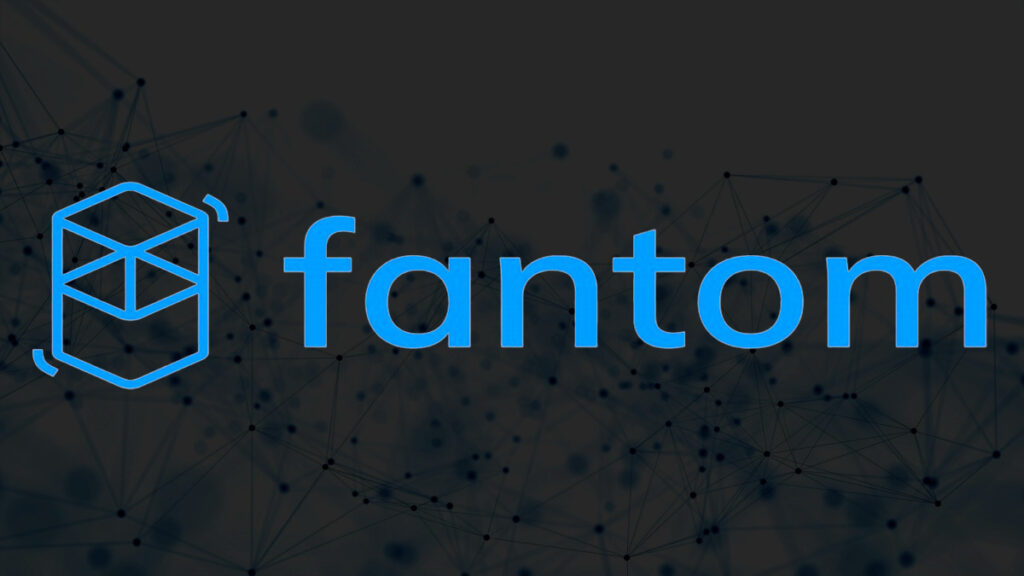Fantom, a key player in the blockchain space, has recently made a significant adjustment to its validator self-stake requirement. The requirement has been reduced by 90%, from 500,000 to 50,000 FTM, following a governance vote. This change aims to broaden participation by making the validator role more accessible.
1/ Based on a governance vote, we recently reduced the validator self-stake requirement from 500k to 50k FTM, making it more accessible than ever to run a #Fantom validator.
But we've been asked:
"How does an increase in validators impact Fantom?"Well, let's find out 🧵 pic.twitter.com/H8AfnT5Itv
— Fantom Foundation (@FantomFDN) January 15, 2024
The strength of a decentralized network lies in the number of validators that maintain it. More validators mean a stronger defense against potential attacks, making it harder for malicious entities to breach the network. With this reduction in stake requirement, Fantom anticipates an increase in the number of validators, which is expected to boost network security without impacting performance.
Fantom’s consensus mechanism, Lachesis, allows validators to confirm transactions independently before sharing these confirmations. This approach differs from systems like Ethereum where all validators work on the same transactions. With more nodes, transactions are likely to be distributed to validators more quickly, potentially accelerating the transaction bundling process.
However, achieving a two-thirds consensus may take slightly longer with a larger pool of validators. Despite this, the network’s performance is not expected to be affected. The network’s current 1-2 second finality time should be maintained due to quality hardware and the continued role of larger validators in the consensus process.
How the Change Impacts Fantom’s Security and Performance

The reduction in self-staking requirements is not considered a security risk. The influence of a validator remains proportional to its stake, ensuring a balanced power dynamic within the network.
This strategic decision reflects Fantom’s commitment to evolve its ecosystem to benefit a wide range of stakeholders. By lowering the self-staking threshold, Fantom is demonstrating its dedication to adapt and grow in line with the interests and suggestions of its user base.
In conclusion, Fantom’s decision to reduce the validator self-staking requirement is a testament to the foundation’s responsiveness to community feedback and needs. This inclusive strategy is expected to attract a diverse range of perspectives and contributions to the Fantom ecosystem, thereby strengthening its foundation and fostering a more dynamic and engaged community.










